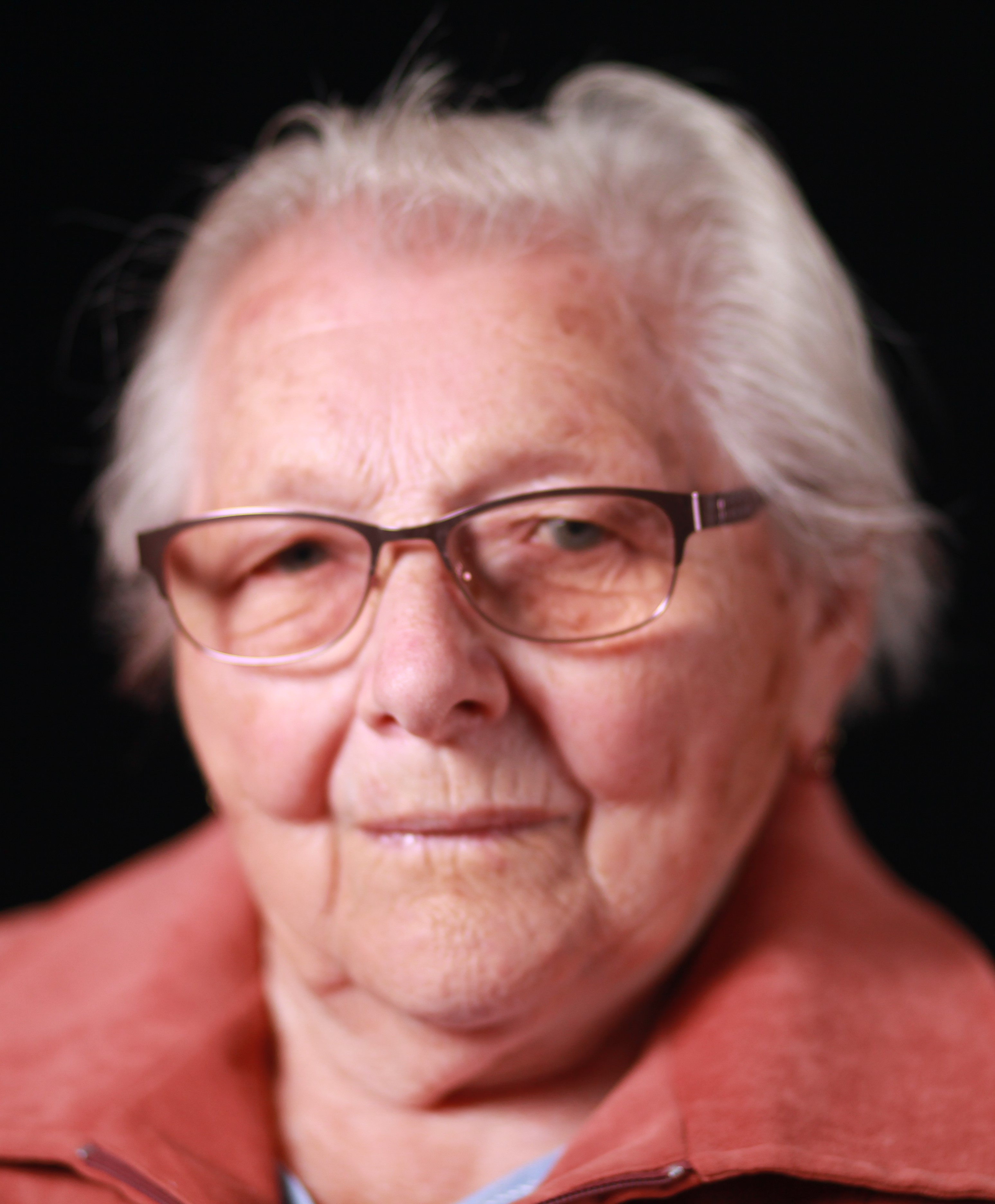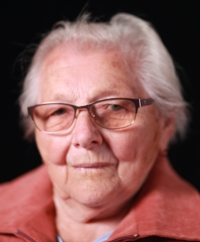She escaped to Protectorate hidden under a blanket

Download image
Marie Hofbauerová, née Hermanová was born on 24 January 1927 in Staré Hobzí to a Czech family. After the occupation of the borderlands in the Autumn of 1938 which was the result of the Munich Agreement, her parents chose Czechoslovak citizenship, but they refused to move out of the village which had become part of the area occupied by the Germans. Children had to attend a German school where the head teacher bullied Czech children. In 1941, Marie wanted to study to become a dressmaker, but she was not allowed to do so because she was Czech. That is why she wanted to move to Prague, but she did not gain a border crossing pass. Her neighbour finally smuggled her across the border hidden in a horse-drawn carriage by pretending that his horsed stampeded at the borders. The war ended when Marie was living in Zvánovice, east of Prague. She returned to Staré Hobzí in June 1945, and she witnessed the second stage of wild expulsion during which also her cousin was driven to forests as her husband had registered for German citizenship during the war. Marie´s parents smuggled food for them to the state border to get them through the most difficult time. After the war, Marie married and after 1948 worked in the local unified agricultural cooperative. After a work accident in the 1960s, she started working as a seamstress at the Otavan company in Dačice, where she remained until her retirement in 1983.
